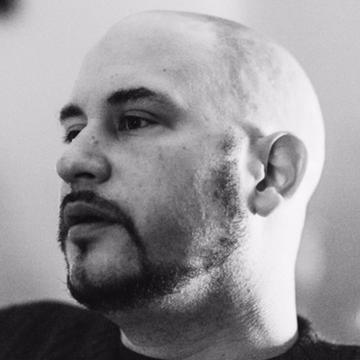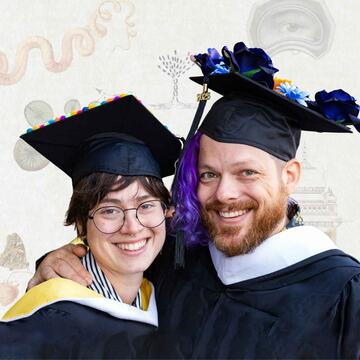
Andrej Grubačić
Professor and Department Chair
Anthropology and Social Change
School of Consciousness and Transformation
Pronouns: he/him
Email: agrubacic@ciis.edu
Phone: 415.575.6257
Research Interests
Political Economy, World-Systems Analysis, History of Anarchism
Biography
Andrej Grubačić is the founding Chair of the Anthropology and Social Change department, the editor of the Journal of World-Systems Research, affiliated faculty in residence at the Berkeley Center for Social Medicine (UC Berkeley), a collaborating researcher at the Center for Social Studies (CES--University of Coimbra, Portugal) and associated researcher at the Center for Anthropology and Health (CIAS-University of Coimbra).
His interest in world history and anarchist Anthropology has influenced his research perspective which is focused on comparative research of no state democracies and societies without a state on the world-scale. Following Peter Kropotkin and Marcel Mauss, he studies world history as a struggle between institutions of possessive individualism and institutions of mutual aid.
His principal empirical focus is on the autonomous "cracks" peopled by Don Cossacks, Atlantic pirates, Macedonian Roma, Jamaican Maroons, Californian prisoners, Mexican Zapatistas, and autonomous Kurdish communities. This research is included in his UC Press book Living at the Edges of Capitalism: Adventures in Exile and Mutual Aid, co-authored with Denis O'Hearn, the book is a winner of the 2017 American Sociological Association PEWS prize for Distinguished Scholarship.
Awards & Distinctions
Political Economy of the World System (PEWS) Distinguished Book Award for his book Living at the Edges of Capitalism: Adventures in Exile and Mutual Aid, co-authored with Denis O'Hearn.
Publications
Living at the Edges of Capitalism: Adventures in Exile and Mutual Aid (with Denis O’Hearn)
